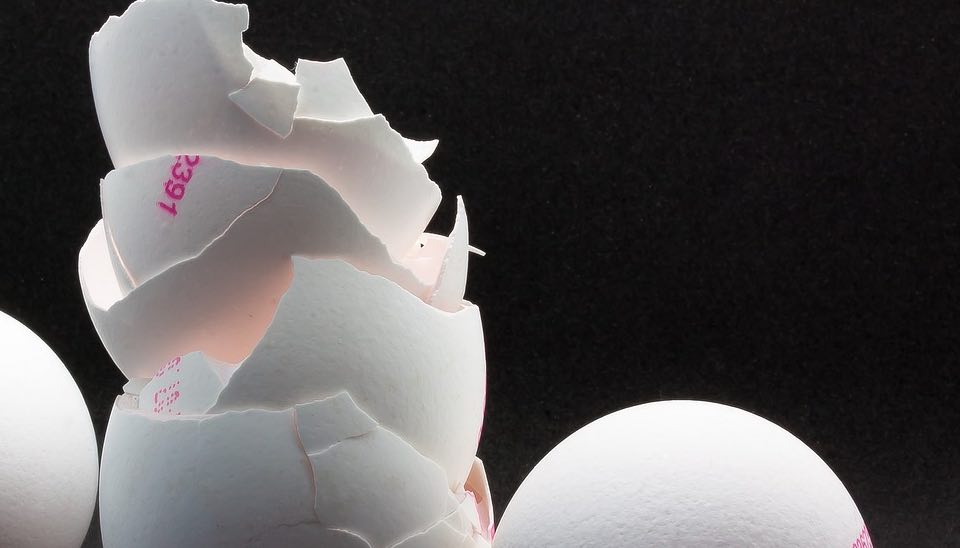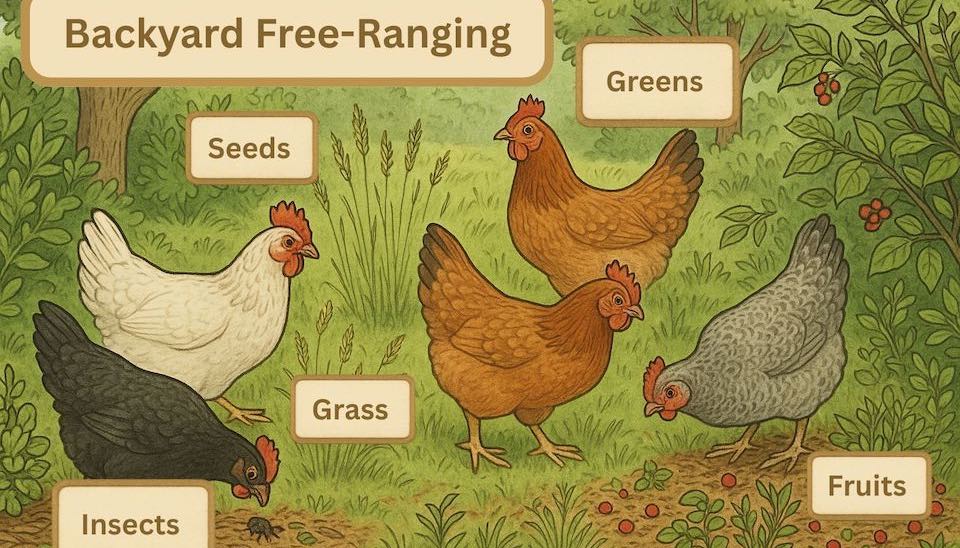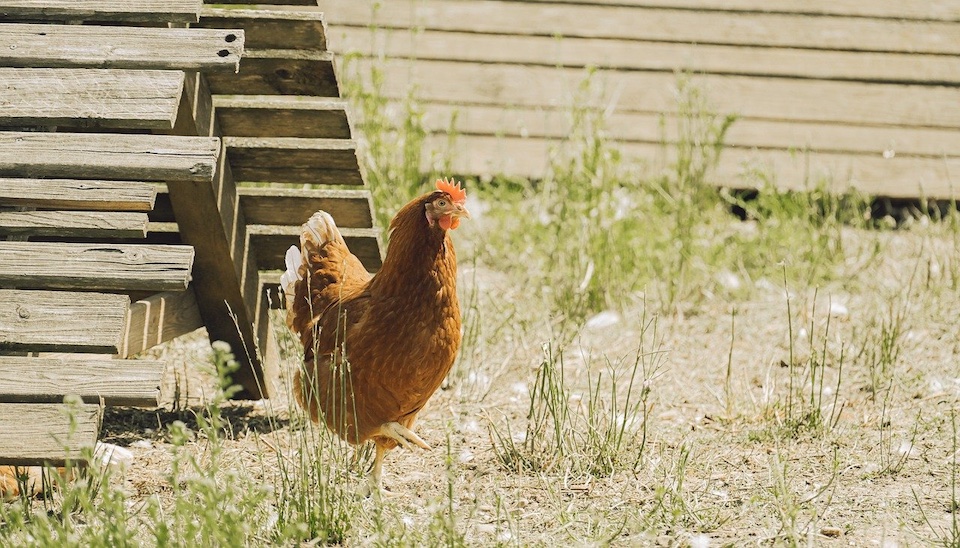Should you feed egg shells to chickens?
Feeding egg shells to chickens
Some poultry keepers feed their chickens crushed egg shells. But why? And are egg shells good for chickens?
Why do people feed egg shells to chickens?
Chickens need plenty of calcium to produce eggs. And egg shells are rich in calcium. So it makes sense that people would feed egg shells back to their chickens.
Feeding egg shells to chickens prevents the shells from going to waste and provides a source of calcium for your chooks. Right? Well, kind of.
Are egg shells good for chickens?
Egg shells can be good for chickens. But they aren't always.
Egg shells are not good for roosters or for young chickens that haven't begun to lay eggs yet. This is because chickens that aren't laying eggs don't need as much calcium and get more than enough from their normal diet. Adding extra calcium, such as egg shells, just means that their body will have to work harder to process it safely.
Egg laying hens need extra calcium for egg shell development. Birds with a calcium deficiency will often lay thin-shelled eggs. Hens that aren't getting enough calcium draw calcium out of their bones to produce egg shells, which causes skeletal issues including lameness.
Crushed egg shells can be fed to laying hens as a source of extra calcium. But they shouldn't be the only source of calcium. Chickens always need access to shell grit, even if you are giving them crushed egg shells as well and regardless of whether they free range.
How to feed egg shells to your chickens safely
If done incorrectly, feeding egg shells to your chickens can be dangerous and cause health issues.
Feeding egg shells to your chickens - What not to do
- NEVER mix egg shells, or any other calcium supplement, with your chickens' feed. This can cause calcium toxicity.
- Egg shells should not be fed to roosters or young chickens that aren't laying eggs.
- Don't feed your flock egg shells from other chickens, e.g. store-bought eggs, as these eggs may be carrying unfamiliar parasites or diseases.
- Crush egg shells enough that they no longer resemble eggs, so as not to encourage egg eating.
- Don't rely on egg shells as the sole source of calcium. Provide a shell grit as well.
How to feed egg shells to your chickens
You can allow the egg shells to dry before you feed them to your chickens. Some chicken keepers also bake them in a low oven. Both of these steps reduce the risk of any parasites or diseases that may be on the egg shells from being passed on to your chickens. But they probably aren't necessary when using shells from your own flock.
To feed egg shells to your chickens, simply:
- Crush the shells.
- Place the shells in a hopper or container in the coop. Do not mix them with feed or with any other supplements.
- Top up as needed and replace if the shells become soiled or wet.
- Always provide shell grit as well, in its own hopper or container.
If you want to store the shells and use them as needed, instead of feeding them to your chooks immediately, dry the shells completely first. They will only take a few days to air dry on the kitchen bench in most climates.
In flocks with a rooster or with mixed-age birds (some that aren't laying) providing free-choice egg shell and grit is usually ok. Birds don't usually eat the supplements unless they need them, so calcium toxicity is unlikely. Calcium toxicity is most common where a grit or calcium supplement, like egg shells, is mixed with commercial chicken feed.
Why do laying hens need a grit and egg shells?
You do not have to feed egg shells to your chickens. Egg shells are a nice extra, but your hens will be perfectly healthy without them.
However, laying hens must have access to a shell grit in order to remain healthy and productive.
Studies have shown that large particle calcium, like shell grit, is more important for egg shell quality than small particle calcium, like egg shells. That said, a combination of small and large particle calcium results in optimum egg shell quality. Most feeds contain small particle calcium anyway, but egg shells are another source. Shell grit and oyster shell grit are the best sources of large particle calcium.
Learn more about chicken nutrition
Check out these other blog articles:
- The best feed for laying hens
- Scraps for chickens - Dos and Don'ts
- Everything you need to know about shell grit
Have a question that we haven't answered yet? Let us know!
Happy chicken keeping!
Rachael at Dine a Chook Australia



